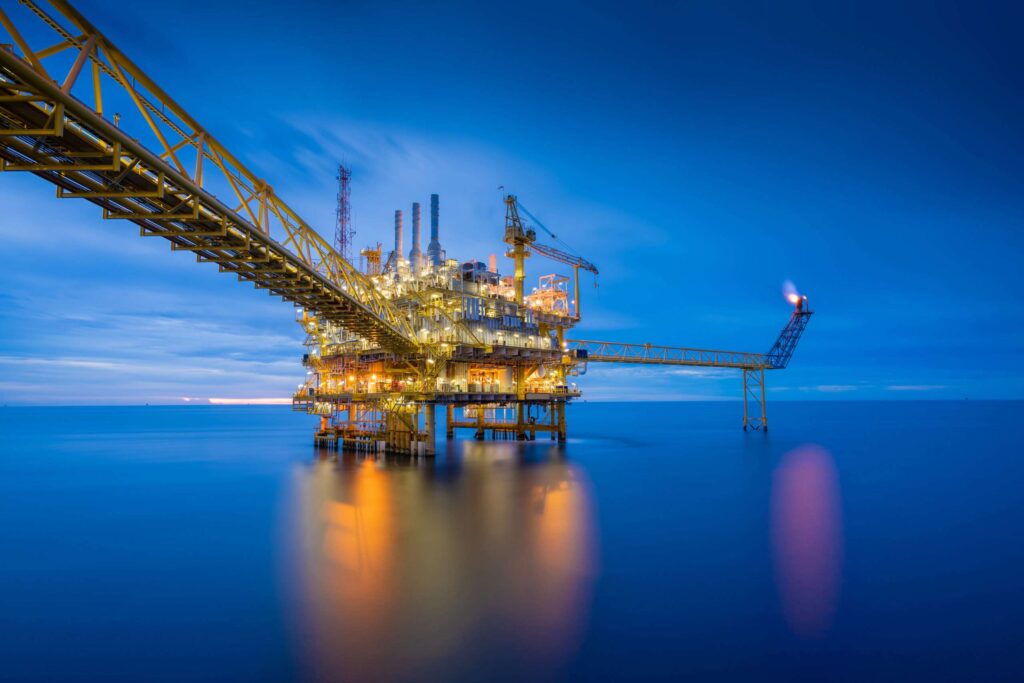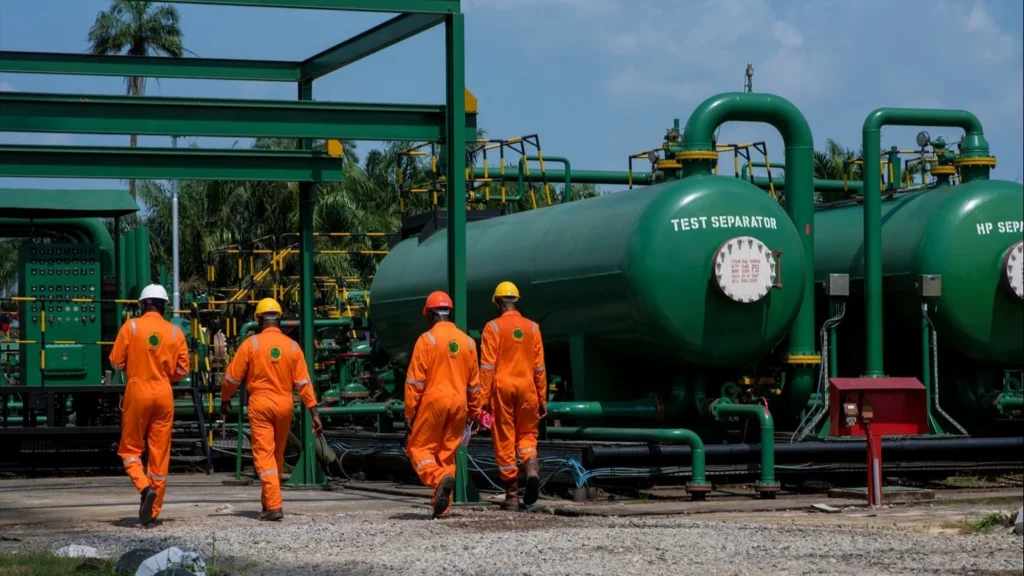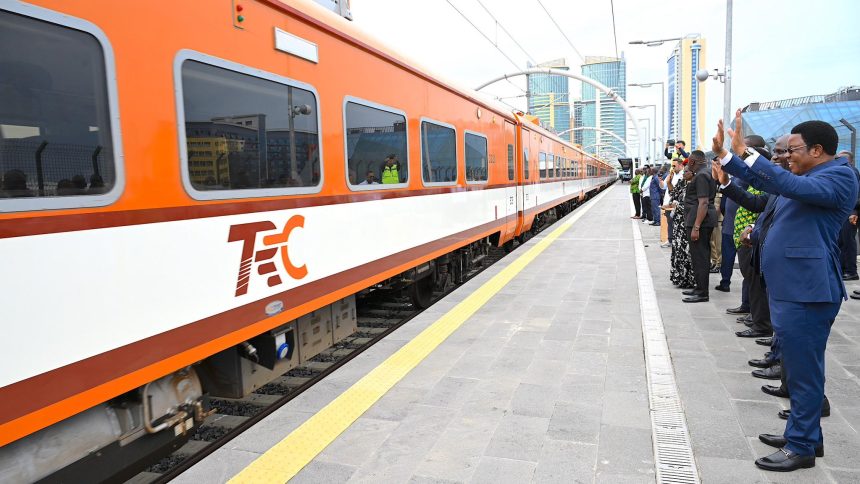
Britain has categorised a proposal to construct a subsea cable for transmitting renewable energy from Morocco as a project of “national significance,” potentially streamlining the planning process.
Xlinks, a company led by former Tesco CEO Dave Lewis, is seeking to construct a 3,800-kilometer (2361.21 miles) network of subsea cables to provide solar and wind energy from the Sahara Desert to power 7 million British households by 2030.
While Xlinks considers the government’s acknowledgment of its project as “a major milestone,” numerous challenges still lie ahead.
In addition to the task of constructing the world’s lengthiest high-voltage direct current subsea cable, Xlinks must secure additional funding, negotiate long-term pricing agreements, and obtain approval to traverse Spanish and French waters.
According to Dave Lewis, the estimated cost falls within the range of £20 billion ($24.47 billion) to £22 billion, as reported to the Financial Times.
Xlinks has stated that the initiative would generate nearly 10,000 jobs in Morocco, with 2,000 of them being permanent positions. They have also emphasised that the project aligns with the country’s energy export strategy.
Claire Coutinho, the newly appointed UK Energy Security and Net Zero Minister, affirmed in a statement that the project holds national significance due to its potential to assist Britain in transitioning away from fossil fuels.
“The proposed project could play an important role in enabling an energy system that meets the UK’s commitment to reduce carbon emissions and the government’s objectives to create a secure, reliable and affordable energy supply for consumers,” the statement said.
With the national significance designation applied to the Xlinks cable project, which would make landfall in southwest England, the necessary infrastructure would receive approval from the government rather than local authorities.
Prime Minister Rishi Sunak’s approach to achieving Britain’s net-zero emissions objective has faced heightened scrutiny. This has occurred following the relaxation of goals regarding the prohibition of new petrol cars and allegations of inadequate subsidies provided to domestic offshore wind farm developers by the government.
Earlier this week, the government granted approval for the development of its largest new North Sea oilfield in years, citing the imperative to enhance energy security.




